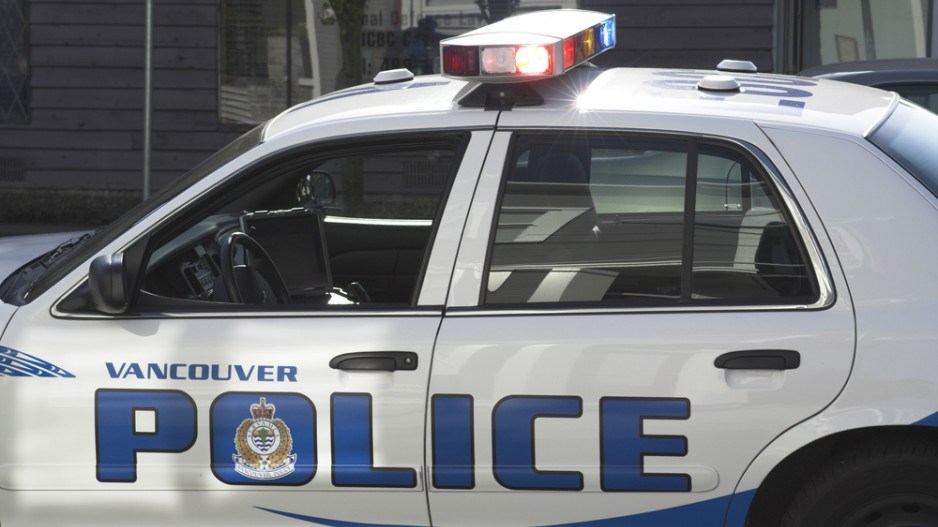B.C.’s police watchdog should be given more teeth to investigate police misconduct, rather than strictly being limited to an oversight role while police investigate themselves, the B.C. Civil Liberties Association says.
That's also the position of Victoria lawyer Richard Neary, who has represented both individuals injured by police and officers fighting discipline.
It's a possibility that’s been floated by Clayton Pecknold, the new police complaint commissioner.
Right now, if someone files a complaint about a police officer, the officer is investigated by the professional standards section of his or her own department.
The investigation is monitored by the Office of the Police Complaint Commissioner, which also has the power to order an investigation by an external police department or a public hearing.
The way the oversight body handles complaints about police misconduct could change, as an all-party special committee considers reforms to the police complaint process.
The OPCC is a civilian-run, independent office of the legislature that oversees complaints and investigations involving municipal police in B.C.
Guided by the Police Act, the office is responsible for the administration of discipline and has the ability to overrule investigative findings and call public hearings.
Pecknold, the province’s former director of police services and a former Central Saanich deputy police chief, told the committee this week that there continues to be a perception that police departments, particularly smaller ones, investigating their own officers leaves the process open to bias.
“The committee may want to consider — and the previous commissioner made suggestions to government — about the ability to have a core investigational capacity, either within the office or separate and apart from the police through an integrated structure, to allow for a more arm’s-length investigational capacity,” Pecknold said.
Pecknold said he could not give an interview regarding his testimony to the committee, as he does not want to interfere with the committee’s review.
Giving the Office of the Police Complaint Commissioner investigative powers, or creating an outside civilian agency to investigate police misconduct, would increase public trust in the process, said Josh Paterson, executive director of the B.C. Civil Liberties Association, which will testify before the committee in June.
The association is often the first port of call for people looking for help in navigating the police complaint process.
Many complainants lack trust in the process because, in most cases, police departments are investigating their own officers, Paterson said.
Appointing civilian investigators “we think will both help boost public confidence and make life easier for municipal departments who won’t have to do that work themselves,” Paterson said.
A dedicated investigative body for misconduct investigations would operate in a similar way to the Independent Investigations Office, which employs a team of civilians and former police officers to probe police-involved serious injuries or deaths to determine whether the officer’s actions were criminal.
It could also speed up the complaints process, Neary said, as resource-strapped police departments often have senior officers conduct internal investigations on top of their day-to-day work.
Neary hopes the legislative committee will create guidelines for the appropriate discipline for certain types of misconduct, almost akin to mandatory minimum sentences, noting: “There’s been a long history of relative leniency in final discipline matters.”
Neary cited the case of then-15-year-old Willow Kinloch, who was left tethered inside a Victoria jail cell for hours. After a public hearing, two officers were given written reprimands for abusing their authority.
The special committee, comprising two NDP MLAs, two Liberal MLAs and one Green MLA, is expected to submit its report by Nov. 26.
The public is encouraged to weigh in by answering several questions:
• Is the police complaint process efficient, effective and accessible?
• Are there aspects of the police complaint process that could be improved?
• What changes to the Police Act’s section on misconduct, complaints, investigations, discipline and proceedings, if any, should be made?
Written, audio or video submissions can be submitted through the committee’s website, leg.bc.ca/cmt/pcp, until 5 p.m., Friday, June 28.
“We want to hear from British Columbians about their experiences with the municipal police complaint process,” said committee chair Rachna Singh, NDP MLA (Surrey-Green Timbers).




